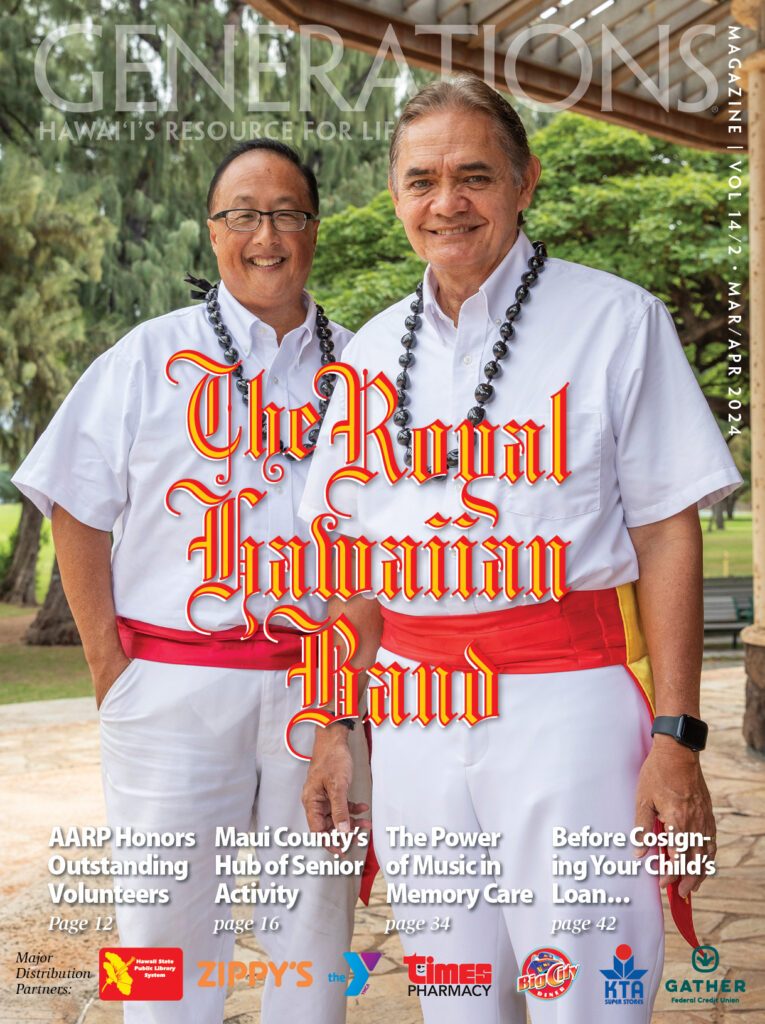
It is not just families who disagree about the interpretation of legal documents. There seems to be tension among estate planning attorneys in regard to recommending that clients write down their heartfelt intentions to accompany those documents. Many lawyers believe that it is the form that is most important — that the written legal language will communicate their client’s heartfelt wishes. Others believe that, no matter how carefully written, the form alone cannot transfer intention.
This is particularly true of discretionary trusts. Although the Trust provides the legal power for the Trustee to act, it usually does not state the maker’s underlying reasoning or intention of how the client would like to see their assets spent.
In his book Borrowed Narratives, Harold Smith tells us that making the personal statement in story form is better remembered and more persuasive than a sterile legal document. He further states that putting one’s thoughts in writing slows it down for the reader so that they can better understand the maker’s meaning.
Please make sure, when you are working with your estate planning attorney, that your underlying intentions for making the trust are clearly defined. This can make all the difference.
Stephen B. Yim, Attorney at Law
2054 S. Beretania St., Honolulu HI 96826
808-524-0251 | www.stephenyimestateplanning.com

